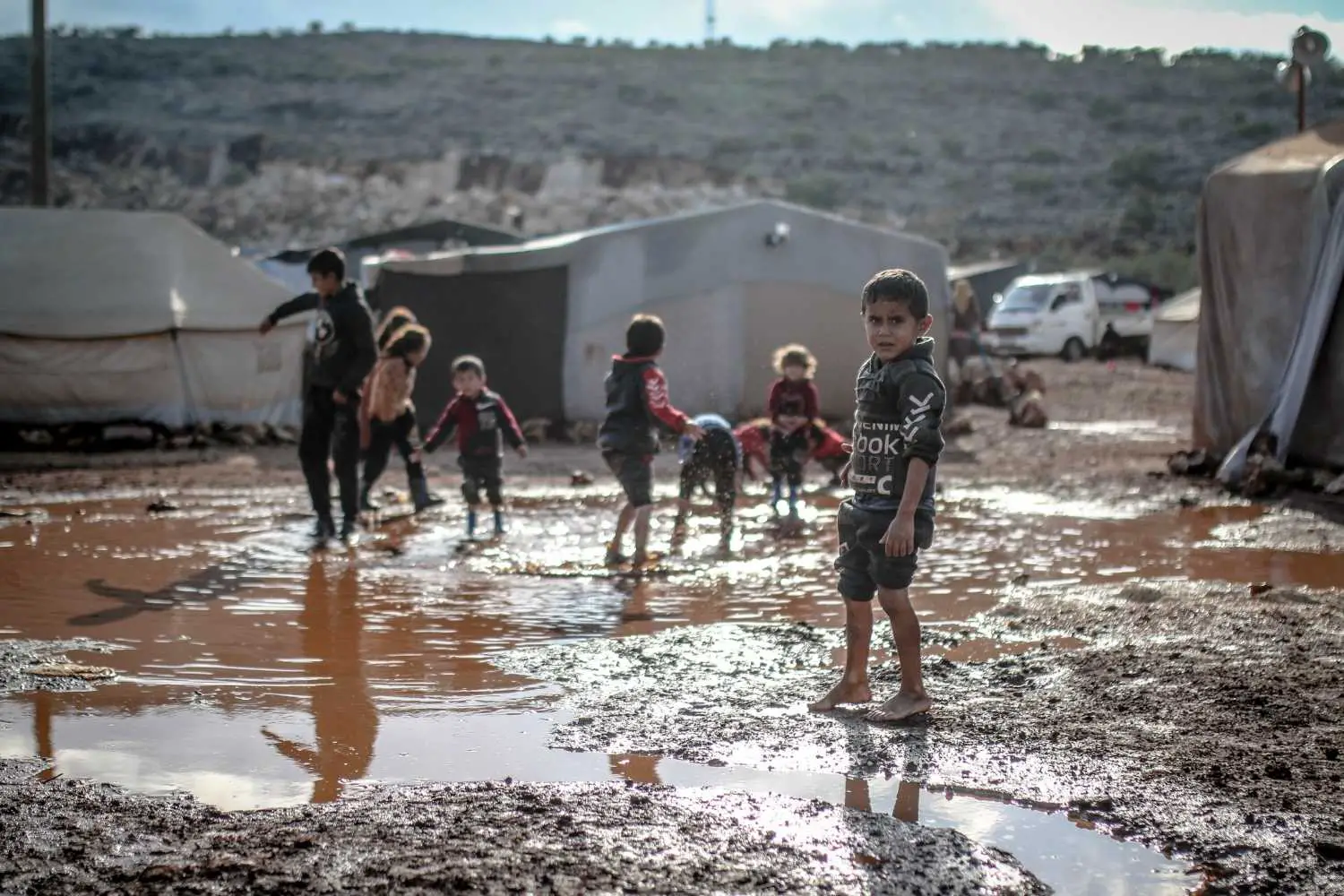A household that lives below the poverty line is a poor one. However, are monetary factors, more specifically the income, enough to decipher the poverty level a family has to face?
That is why some economists uphold the theory of Ecological Poverty, which considers another fundamental attribution of human life – the environment.
What Determines The Ecology of Poverty?
According to India’s Centre for Science and Environment, “Ecological Poverty is the lack of an ecologically healthy natural resource base needed for a human society’s survival and development.” Importantly, people whose lives depend on natural resources like farmers, fishermen, and even the hospitality industry workforce would be in a critical position if natural resources were in shortage.
Compared to urban citizens, the rural people are more vulnerable to the degradation of our ecosystem, as there are lower chances for them to have access to clean water, edible food, and safe resources. For example, in third-world countries such as Vietnam, the lack of clean water in remote areas is very common.
Statistics said only 11.4% of households in Dien Bien Province have constant access to safe water that can meet the standard created by the Vietnamese government. This is a clear disadvantage for individuals’ health and restricts other economic development activities and services.
.jpg)
The environmental culprits of poverty also include natural disasters and adverse phenomena to a country’s agricultural development. In research on the correlation between drought and poverty in Rajasthan (India), vulnerability and poverty are higher in places with a high decline and variability in rainfall.
How To Alleviate Ecological Poverty?
“The International Fund for Agricultural Development (IFAD) report says economic growth alone is not enough to eliminate rural poverty, particularly in the Asia and Pacific region.”
DowntToEarth – Richard Mahapatra
In our perspective, it starts by acknowledging the ecology of poverty as a parallel model working beside the economic theory. We will have a broader view of how natural resources scarcity could become an alarming threat to the national economy and citizens’ interests. To eliminate poverty, we need to ensure poverty does not spread further in the community; therefore, conserving resources while boosting sustainable industrial activities is essential to tackle ecological poverty.
As we believe “prevention is better than cure,” the government should take environment conservation consensuses more seriously, especially those of developing economies. Not only does sustainable development benefit our current poverty situation, but it also slows down the natural resources crises which are experienced globally. This article’s writer, I believe protecting the environment is not helping the Earth, but it is helping humanity.
At Project Sprouts, we realize that we can not solve all the problems in a situation like this. But we can seek to make a difference in the lives of needy children by giving them school supplies and encouraging them to continue their education; we can give them winter coats, boots, and blankets to help them stay warm during the cold winter months.
Project Sprouts would love to have you be a part of our community and help us help worthy children in North Vietnam.
You can find out more about Project Sprouts by clicking here or going to our give now page to donate by clicking here. As we are a grassroots organization, all funds help those in need.
Related Content:
What Is Generational Poverty?
Generational Poverty means staying impoverished for two or more generations. Poverty is not an incurable disease, yet it is passed down to one generation after another. This is usually called “the Cycle of Poverty,“ where everything begins once again after it is finished, persisting in a whole family’s tree for years.
You can read more by reading What Is Generational Poverty? by clicking here.
Is It True That The Rich Are Growing Richer, And The Poor Are Growing Poorer?
In this day and age, the problem of class distinction between the rich and the poor is becoming more serious. Each class has its prejudice and one-sided view of the other when they see other people’s problems with their personal views. Therefore, whether the poor can only get poorer and the rich always get richer in today’s society has become a hot topic of debate on social networking sites.
Then, What Is Distance Learning? You can read more by reading Is It True That The Rich Are Growing Richer, And The Poor Are Growing Poorer? by clicking here.

